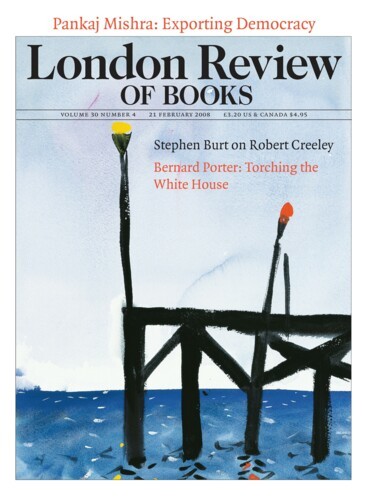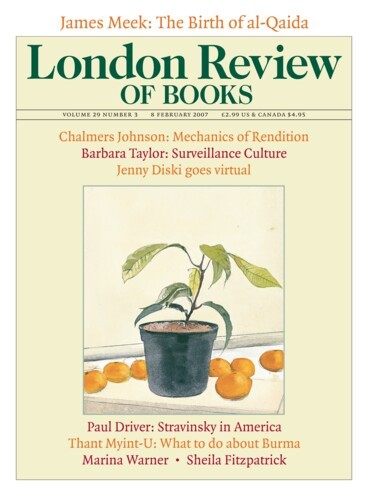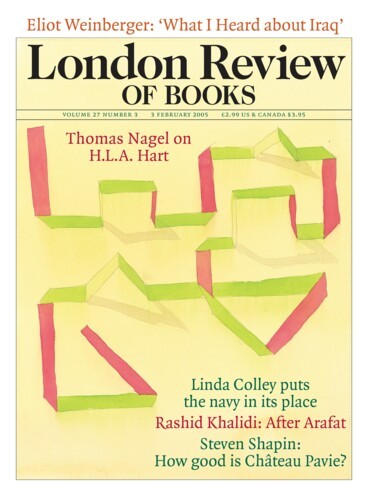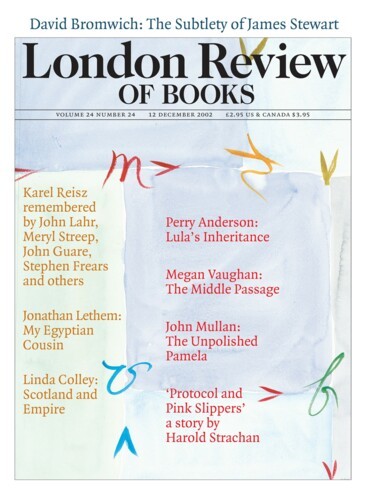A, E♭, C, B: Robert Schumann
Paul Driver, 21 February 2008
Robert Schumann died in an asylum near Bonn in 1856, having committed himself there two years before, following a suicidal plunge into the Rhine near his home in Düsseldorf. He had had many periods of depression and anxiety before that, and biographers have tended to regard his life as a continuous fight against the congenital mental instability to which the deaths of his sister and...




